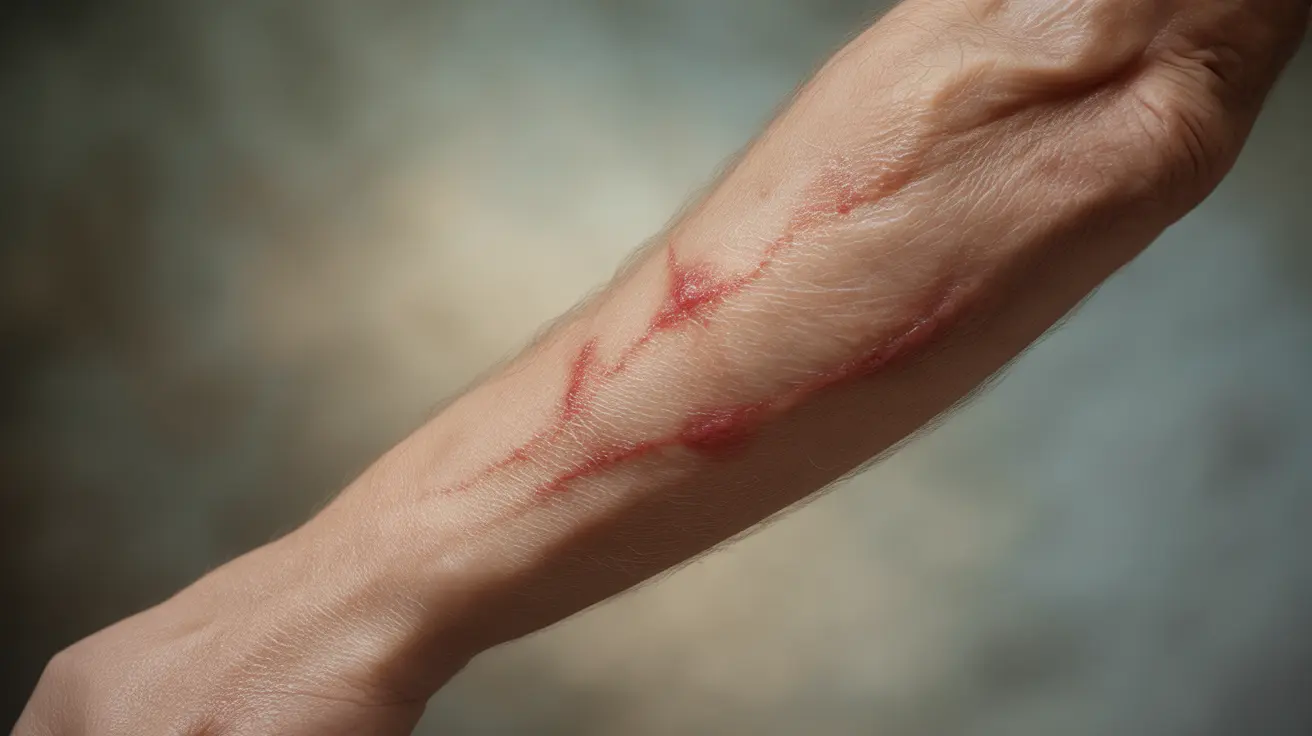Recognizing the early signs of mild shingles is crucial for prompt treatment and better outcomes. This common viral infection, caused by the reactivation of the varicella-zoster virus (the same virus that causes chickenpox), can present with varying degrees of severity. Understanding mild early shingles can help you seek appropriate care and manage symptoms effectively.
While shingles can be a serious condition, many people experience milder forms that are more manageable with proper care and treatment. Early recognition and intervention can help prevent the condition from progressing to more severe stages.
Identifying Early Signs and Symptoms
Mild early shingles typically presents with distinct characteristics that set it apart from more severe cases. The initial symptoms often include:
- Tingling or burning sensation in a specific area
- Mild skin sensitivity or numbness
- Slight redness or pink patches on the skin
- Mild itching or discomfort
- Low-grade fever or mild fatigue
Unlike severe cases, mild early shingles usually involves less intense pain and a smaller affected area. The rash may be less pronounced and develop more gradually.
Treatment Options for Mild Cases
Antiviral Medications
Even in mild cases, antiviral medications play a crucial role in treatment. These medications work best when started within 72 hours of symptom onset and can help:
- Reduce the duration of the outbreak
- Minimize symptom severity
- Lower the risk of complications
- Promote faster healing
Over-the-Counter Solutions
Several over-the-counter treatments can effectively manage mild symptoms:
- Calamine lotion for itching
- Pain relievers like acetaminophen or ibuprofen
- Cool compresses for skin discomfort
- Antihistamines for itching relief
Home Care and Natural Remedies
Several home remedies can complement medical treatment and provide relief:
- Keeping the affected area clean and dry
- Wearing loose-fitting, natural fiber clothing
- Applying cool oatmeal baths
- Using gentle moisturizers after bathing
- Getting adequate rest to support healing
Prevention and Vaccination
The shingles vaccine (Shingrix) is the most effective way to prevent shingles or reduce its severity. While it may not completely prevent mild early shingles in all cases, vaccination significantly reduces the risk of developing the condition and its complications.
When to Seek Medical Care
Even with mild symptoms, consulting a healthcare provider is important, especially if you:
- Are over 50 years old
- Have a weakened immune system
- Experience symptoms near your eyes
- Notice the rash spreading rapidly
- Develop fever or increased pain
Frequently Asked Questions
What are common symptoms of mild early shingles, and how can you differentiate them from more severe cases?
Mild early shingles typically presents with mild tingling, burning, or itching in a specific area, along with slight redness and minimal pain. Severe cases usually involve intense pain, extensive rash coverage, and more pronounced blistering.
What are some effective home remedies for managing mild shingles symptoms, such as itching and pain?
Effective home remedies include cool compresses, calamine lotion, oatmeal baths, and wearing loose-fitting clothing. Keeping the affected area clean and dry while avoiding scratching can also help manage symptoms.
How can antiviral medications and over-the-counter treatments help manage mild early shingles?
Antiviral medications can reduce the duration and severity of the outbreak when started early. Over-the-counter treatments like pain relievers and anti-itch products can help manage specific symptoms and provide comfort during recovery.
Can vaccination prevent mild early shingles, or does it only reduce the severity of symptoms?
The shingles vaccine (Shingrix) can both prevent shingles and reduce symptom severity if breakthrough infection occurs. While it may not prevent all cases, vaccinated individuals typically experience milder symptoms if they develop shingles.
What are the risks and complications of mild early shingles, and when should you seek medical advice?
Even mild cases can develop complications if left untreated. Seek medical advice if you experience symptoms near your eyes, have a weakened immune system, or notice the rash spreading rapidly. Early treatment can prevent progression to more severe symptoms.




